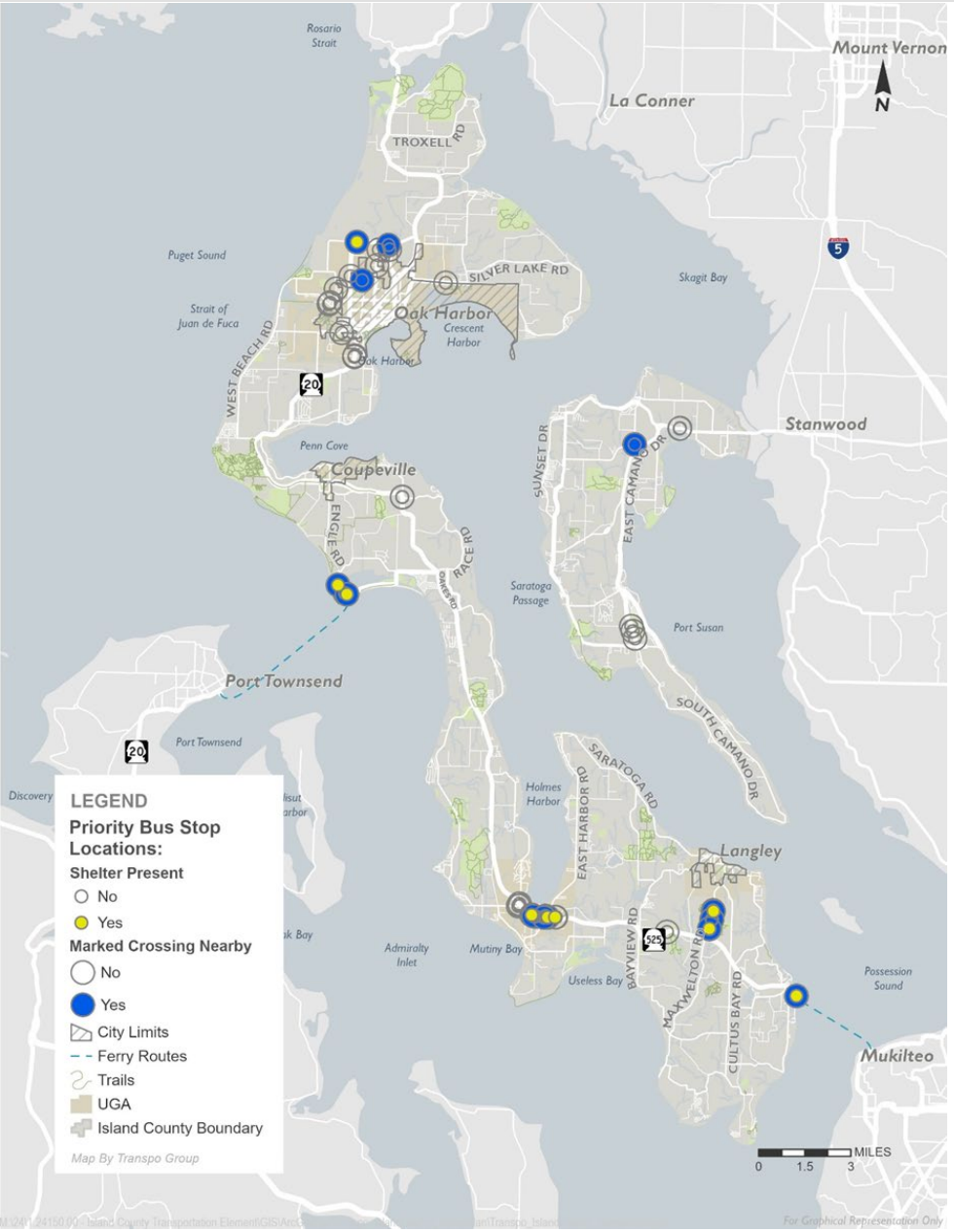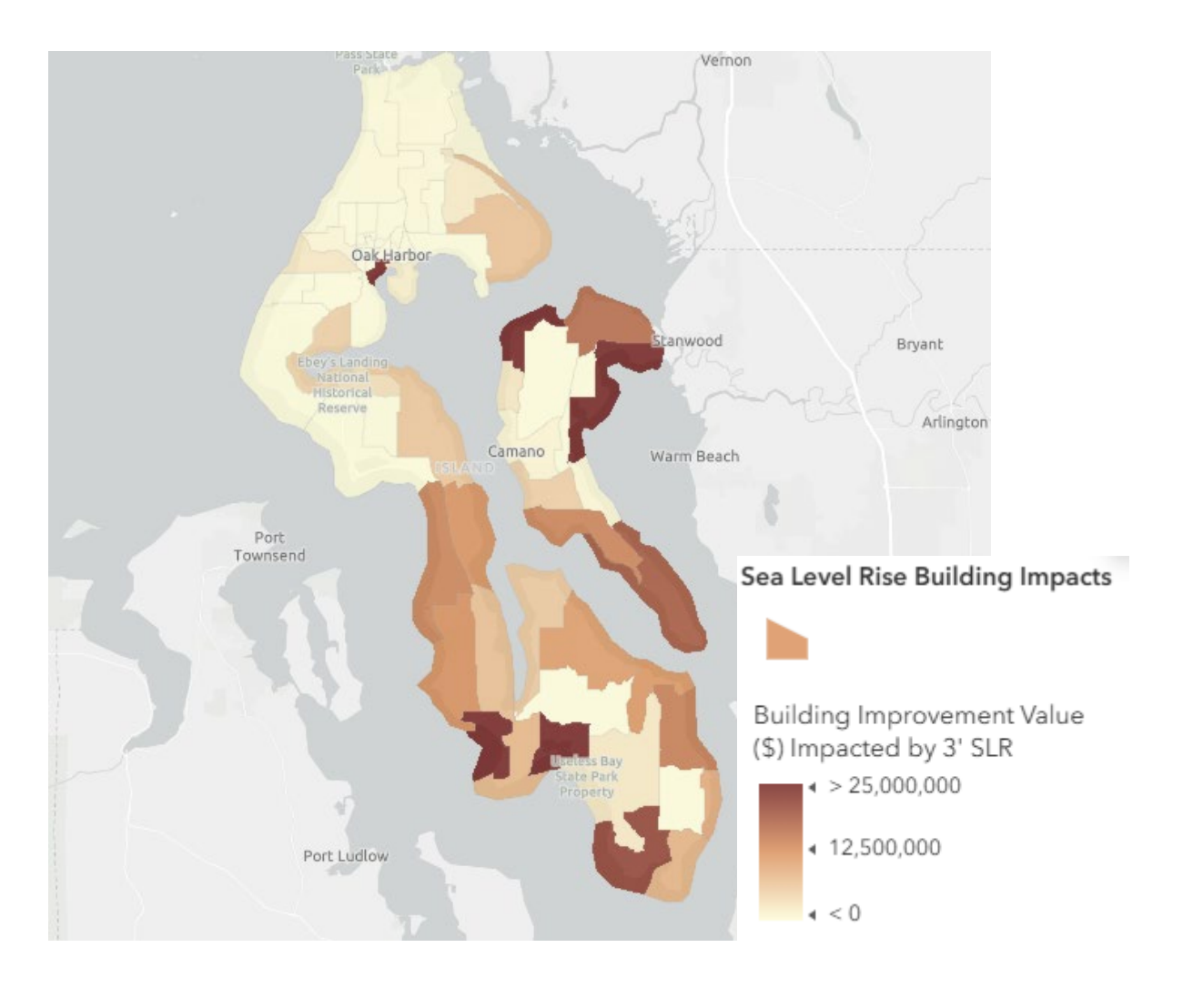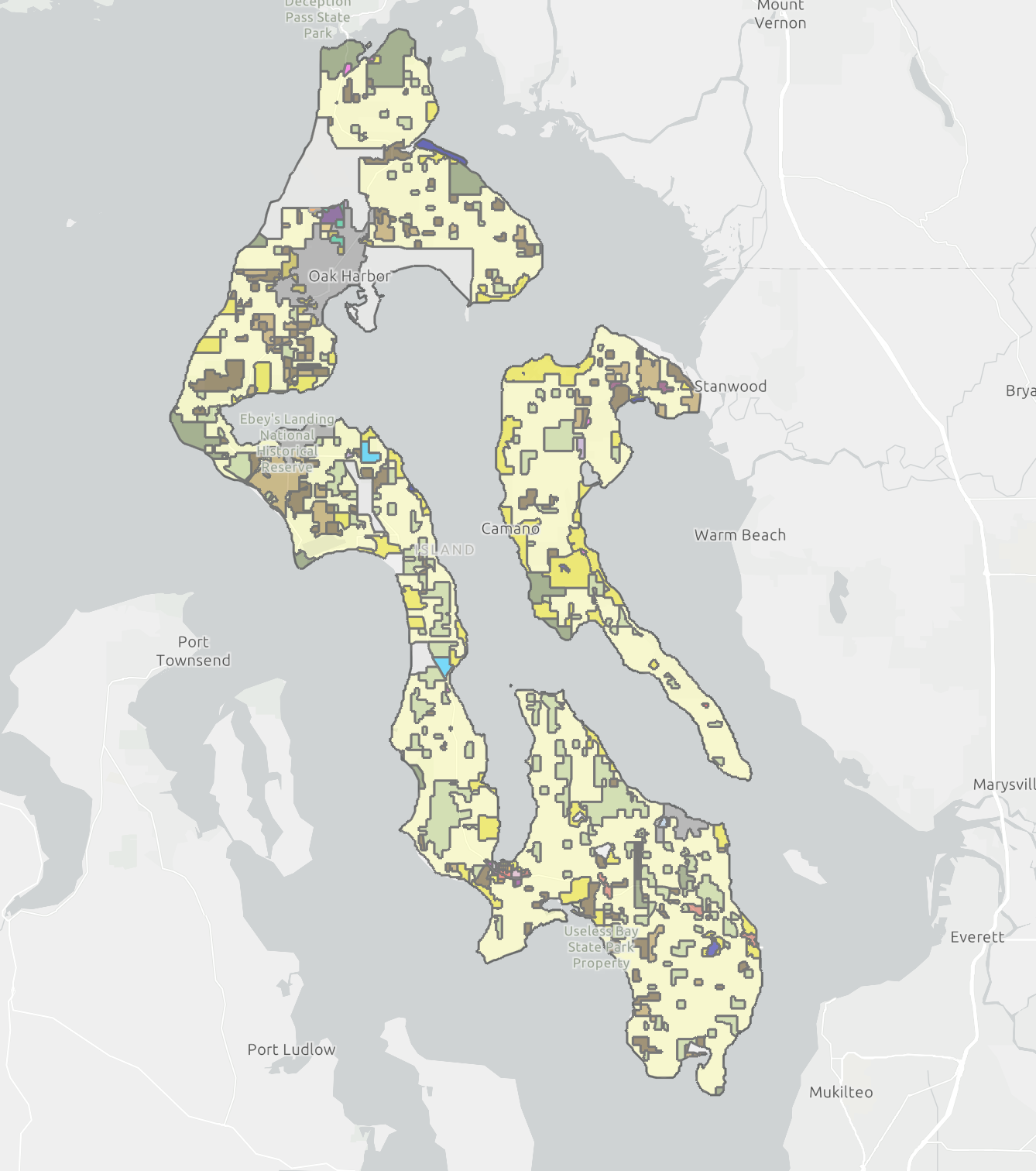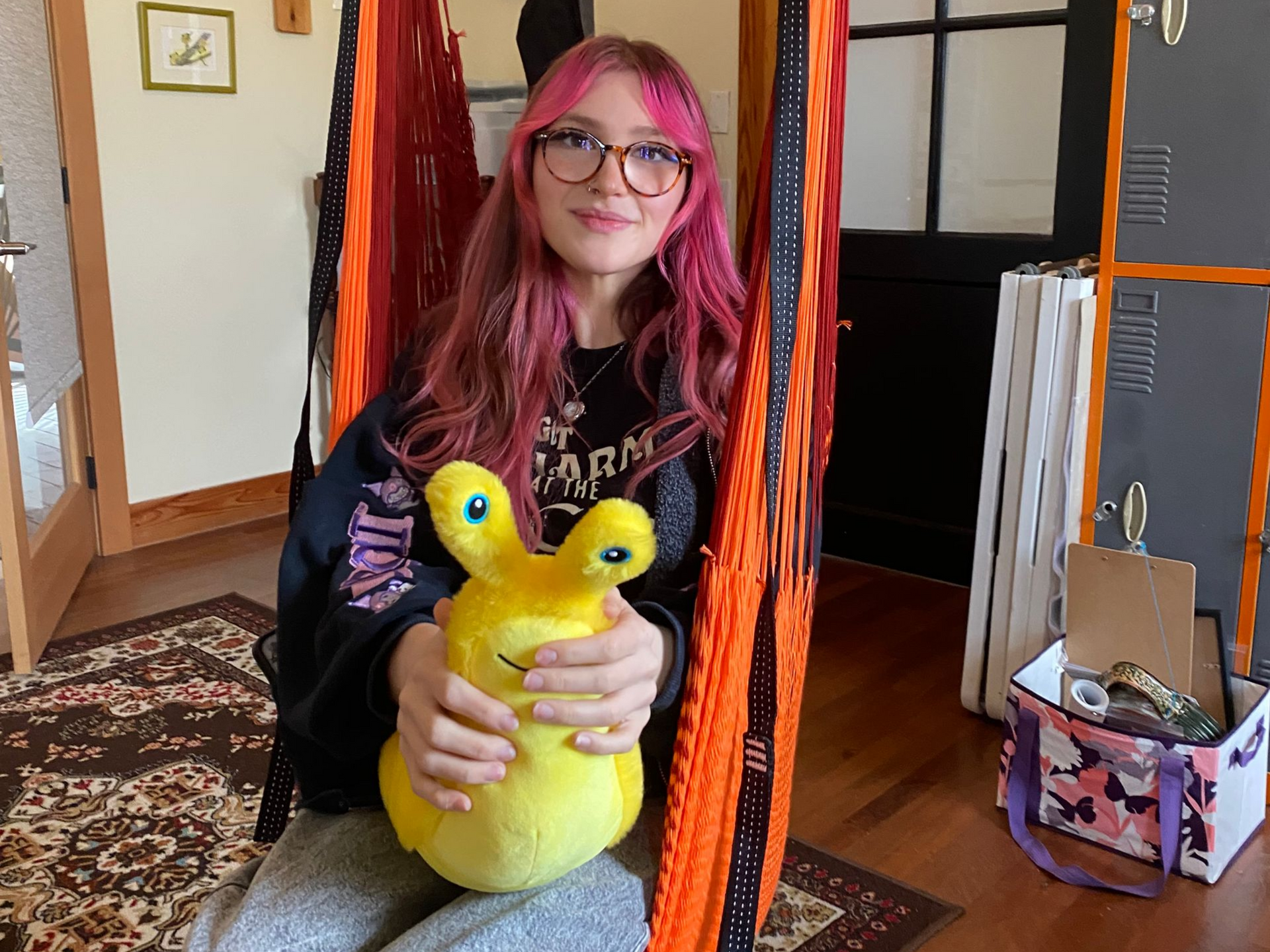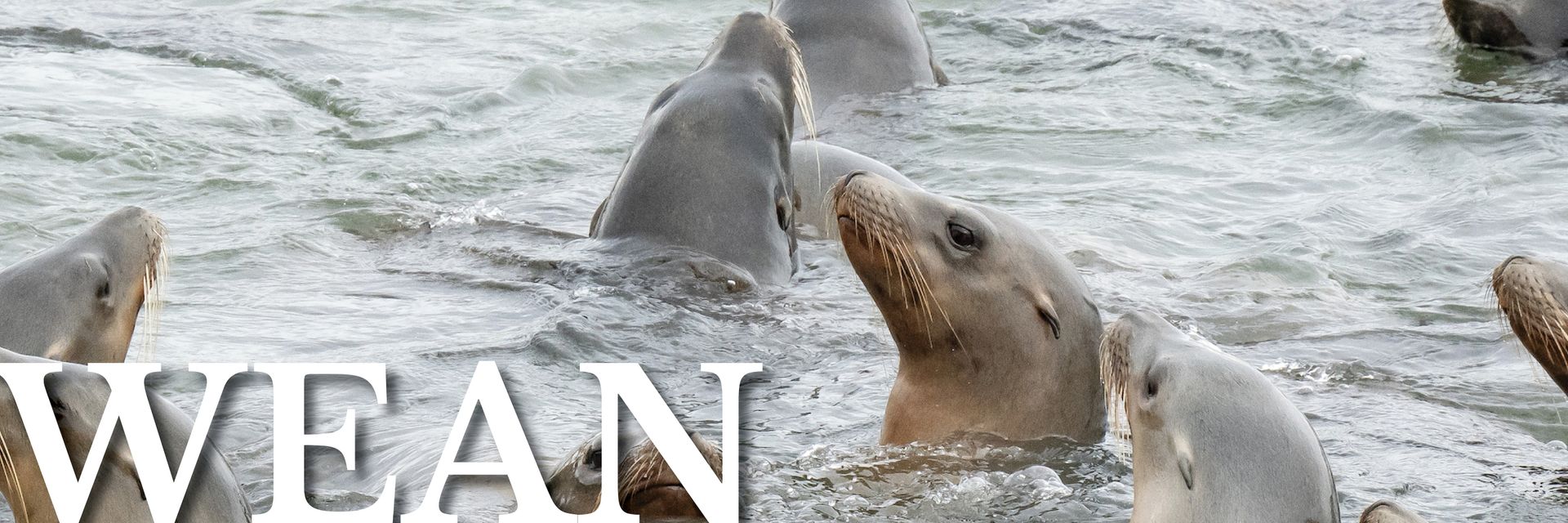Looking Back on Not In Our Parks
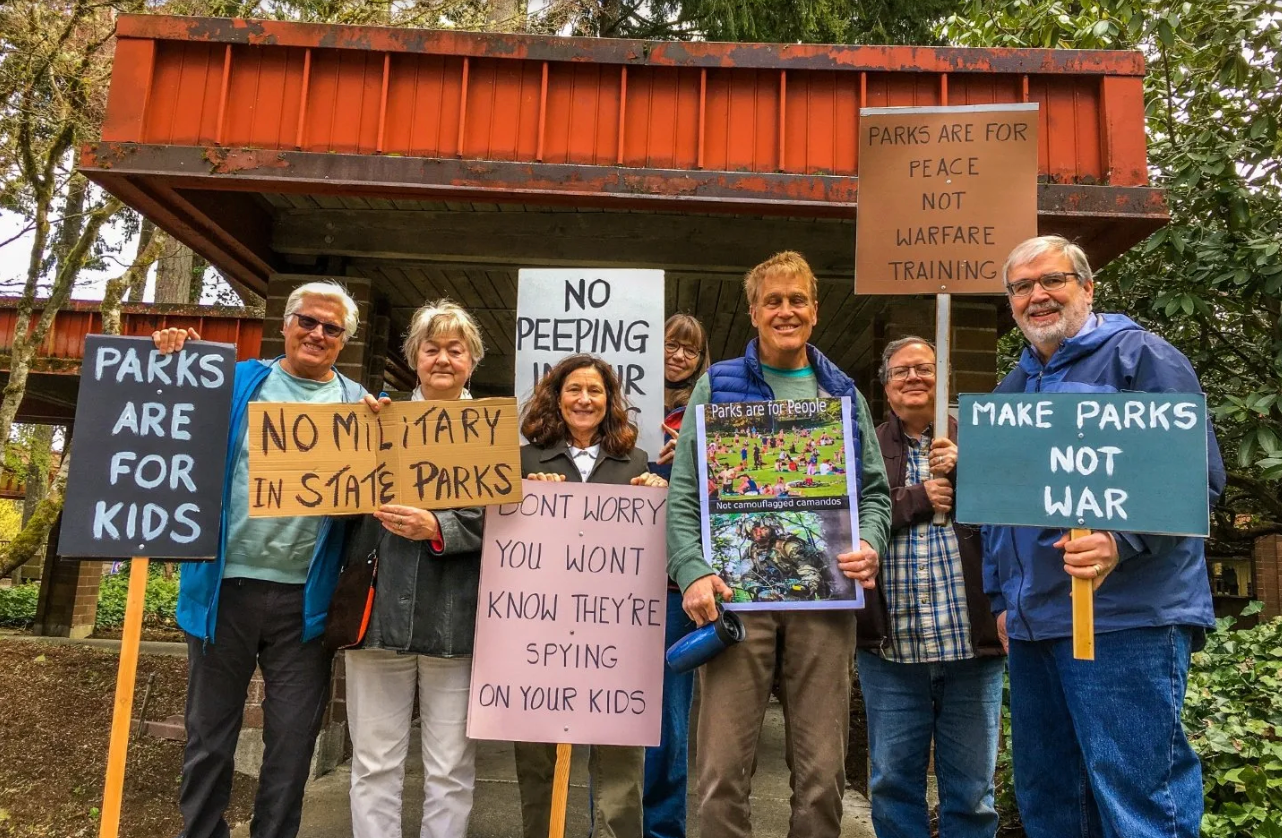
Some people hold mortgage burning celebrations. WEAN is celebrating the final payment to our attorneys in the Not In Our Parks case. It is finished.
Back in 2017 we learned quite by accident that the US Navy was asking Washington State Parks for permission to use our shoreline parks for sneak/spy training, using park visitors as subjects. In 2019 the Navy submitted its permit paperwork to State Parks. They were asking to use 28 of our parks. They described the activities: a mother ship would park offshore. Trainees would pilot single person mini-submarines to the shore, climb out, cross the beach and climb any bluff, and hide in the vegetation for up to 72 hours. They would be dressed in full battle gear with realistic looking guns and spy on whoever happened by.
We were rather appalled by the proposal but had serious doubts about jumping in. First, we thought it was a bit off-center for an environmental organization. Second, we thought long and hard about taking on the biggest baddest military organization in the world. We had hopes that some other “more appropriate” organization might take on this issue. Dream on. As the application worked its way farther and farther through the State Parks permitting process it became obvious that it was WEAN or no one. So we took a deep breath and dove in.
We knew this was going to be a tough fight. You simply don’t go up against the US Navy without some serious adverse consequences. Our first move was to discuss the very likely legal case with our attorneys. We asked for a ballpark figure and they gave it to us: $75k - $100k. Gulp.
Starting in 2019, we invited other organizations to join us in a coalition to fight this case. Many stepped in. Some donated money. Some did research. Some attended meetings and hearings. Some submitted comments and documentation. And all of them informed their members and friends. They made a huge difference. We simply could not have done it without all their support.
When we made the proposal public, the nearly uniform response was “They what? That’s crazy. That’s really creepy.” We ended up with well over 7000 public comments objecting to the proposal. One of the loudest objections was to the permit conditions. There was to be no surveillance of members of the public – but observation was ok. We never did get a response to our question about how those two were different.
With support from our coalition and the public, we did what WEAN has been doing all these years: we dove in head first. We did tons of research, wrote reams of comments, attended dozens of meetings and hearings, and then watched the State Parks Commission vote 4 -3 in favor of the spy training.
Definitely a bummer, but we didn’t quit. We went to court. We worked with attorneys Zak Griefen and Bryan Telegin to put together a very tight case based on two points: 1) The State Parks Commission overstepped its authority in granting the permit and 2) they had failed to consider the adverse impacts on public recreation. State Parks Commissioner Sophia Danenberg referred to that as “the creep factor.” In opposing the permits she said that people would be so creeped out at the idea of being spied on that they would not visit those parks, even if they didn’t know whether or not someone was spying on them.
Much to our surprise, the Navy did not move to intervene or to move the case to Federal court. The case was heard by Thurston County Superior Court judge James Dixon on April 1, 2022. There was a coalition contingent, complete with signs, outside the courthouse. They were invited into the courtroom, a good sign. The judge heard the matter and then said he was prepared to rule. That scared us because that usually means you’re about to lose. But the more he talked, the more he laid out our case. He said he spent a good deal of time trying to find a more dignified term for “the creep factor” but in the end could find nothing that clear or specific, so he was using that language. He ruled in our favor, 100%. He said some very nice things about WEAN and its attorneys. Deserved, on all counts.
It wasn’t until afterwards that the broader implications of this case began to make themselves clear. We had tons of thanks and congratulations. But we also got thoughtful letters and posts from people working for peace, for public shoreline access, for homeless veterans, for park users, and others telling us that this decision set an important precedent for how our public lands are to be used for the benefit of all of the public and not for one very narrow segment.
We were honored by the organization World Beyond War with the 2022 Organizational War Abolisher award. That felt a little overwhelming but was much appreciated. We’re still trying to understand all of the spreading ripples of our action. We believe they are positive.

